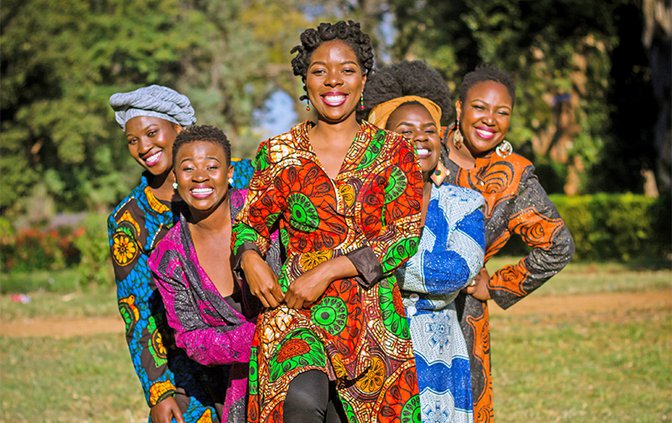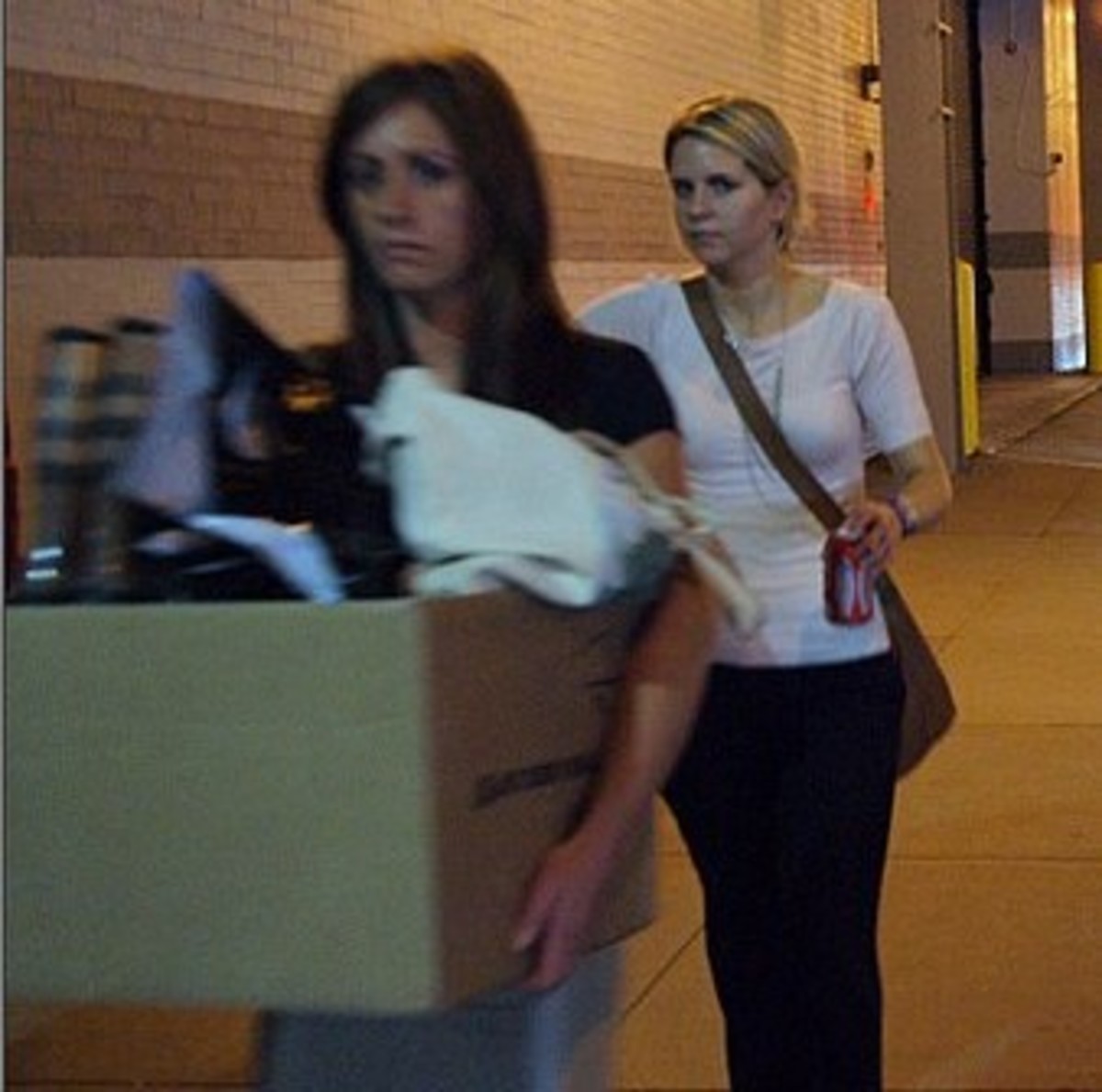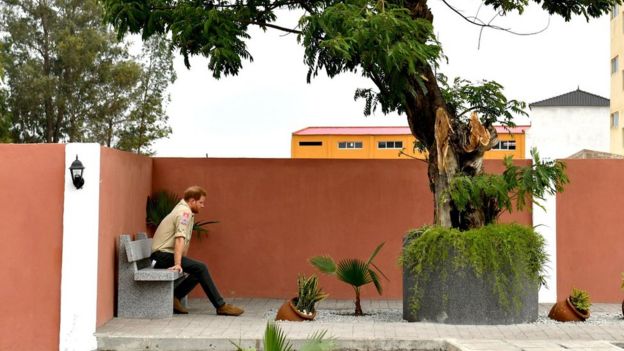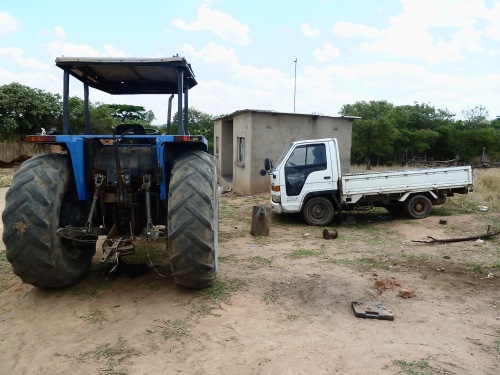A few years back, the Second Circuit told BakerHostetler that, no, they can’t represent an alleged fraudster when they’d previously been representing the victim. It seemed straightforward enough and frankly it was a little shocking that the firm thought they could get away with it. But not as shocking as new emails out there suggesting that after being ordered off the case, BakerHostetler continued acting as shadow counsel for Prevezon, a company at the heart of the Russian influence campaign that ensnared the Trump campaign.
It was the brouhaha over the Magnitsky Act that brought Natalia Veselnitskaya to Trump Tower during the campaign. That law was named after Sergei Magnitsky, the attorney who inspired U.S. sanctions on Russia after dying in Russian custody for exposing… the fraud Prevezon was charged with.
After the courts benchslapped BakerHostetler for trying to perform an endrun around basic professional responsibility, it seemed as though this was over. But new documents acquired by the Dossier Center and reported by the Daily Beast indicate that BakerHostetler took this order and promptly wiped its proverbial ass with it.
Emails apparently sent to and from lawyers at BakerHostetler, however, suggest that the law firm continued to serve Prevezon as a kind of shadow counsel even after the disqualification.
Once that ruling had been handed down, leaked emails indicate that in November 2016 Cymrot at BakerHostetler suggested an alternative lawyer who could be hired by Veselnitskaya to work for Prevezon. In an email sent five months later, Cymrot said BakerHostetler had still discussed the case “on a regular basis” and would continue to hold “team” meetings with the new counsel.
Despite being disqualified from taking part in the case, the emails suggest BakerHostetler helped draft the settlement with the U.S. government in May 2017 and even acted as a go-between, passing on messages and an invoice from the new lawyer, Mike Hess. Hess did not respond to questions from The Daily Beast. BakerHostetler was asked about this and other allegations, but did not respond.
Oh, and the documents say that Faith Gay, then of Quinn Emanuel and now of Selendy & Gay, was also publicly representing Prevezon while coordinating with BakerHostetler behind the scenes. Apparently there’s an email from a Quinn associate in 2017 flagging the “question” that could be raised if people learned that BakerHostetler was still working on the case.
If you’re thinking that the work BakerHostetler was doing for Prevezon sounds like the sort of work Skadden was doing in Ukraine — work that probably should have triggered registering as a foreign lobbyist — well, that’s an issue too!
At the end of April 2016, emails suggest a BakerHostetler invoice addressed to HRAGIF described professional services at a cost of $111,387.45, including issues relating to the Magnitsky list, which named the sanctioned individuals, for “review and markup materials regarding issues with Magnitsky Act” and “materials for Congressional committee.” It also included numerous line items on time spent discussing “lobbying registration requirements” and “review of… FARA requirements,” as well as drafting the “certificate of incorporation” to set up HRAGIF in the first place.
According to a leaked email dated July 14, 2016, [Mark] Cymrot wrote to Veselnitskaya to explain the invoices. “Natalia: I am attaching the HRAGIF and Prevezon matter,” the email says. “It now contains 5 months of Baker time, which is largely support for the public relations effort.”
“It seems that the purpose in creating this nonprofit was to avoid registration under FARA, and they would not be the first law firm to try and use that tactic to avoid registration,” Fischer, from the Campaign Legal Center, told The Daily Beast. “That’s what Manafort did on behalf of the Ukrainian political party and it’s also what helped lead to the charges against him because the evidence showed—and he knew—that the beneficiary of his activities was actually the Ukrainian political party not this innocuously named sham nonprofit.”
The Daily Beast quotes former prosecutor Cristy Phillips delivering the best summary of what BakerHostetler’s actions mean if all of this turns out to be true:
“The integrity of our judicial system depends on lawyers upholding their obligations as officers of the court. Most fundamentally, if a court issues an order, lawyers have to follow it and make sure that others on their side follow it. There were numerous senior lawyers on these emails and they all clearly violated a Second Circuit court order. And these were not inexperienced lawyers, several of them are former Department of Justice attorneys,” she told The Daily Beast.
“We’re talking about a case where witnesses had died and other witnesses’ lives and safety had been threatened. These were not low-stakes decisions.”
Email Leak Exposes Trump Tower Russian’s Dirty Lobbying Operations [Daily Beast]
 Joe Patrice is a senior editor at Above the Law and co-host of Thinking Like A Lawyer. Feel free to email any tips, questions, or comments. Follow him on Twitter if you’re interested in law, politics, and a healthy dose of college sports news. Joe also serves as a Managing Director at RPN Executive Search.
Joe Patrice is a senior editor at Above the Law and co-host of Thinking Like A Lawyer. Feel free to email any tips, questions, or comments. Follow him on Twitter if you’re interested in law, politics, and a healthy dose of college sports news. Joe also serves as a Managing Director at RPN Executive Search.





 Vikram Amar is the Dean of the University of Illinois College of Law, where he also serves the Iwan Foundation Professor of Law. His primary fields of teaching and study are constitutional law, federal courts, and civil and criminal procedure. A fuller bio and CV can be found at
Vikram Amar is the Dean of the University of Illinois College of Law, where he also serves the Iwan Foundation Professor of Law. His primary fields of teaching and study are constitutional law, federal courts, and civil and criminal procedure. A fuller bio and CV can be found at 












